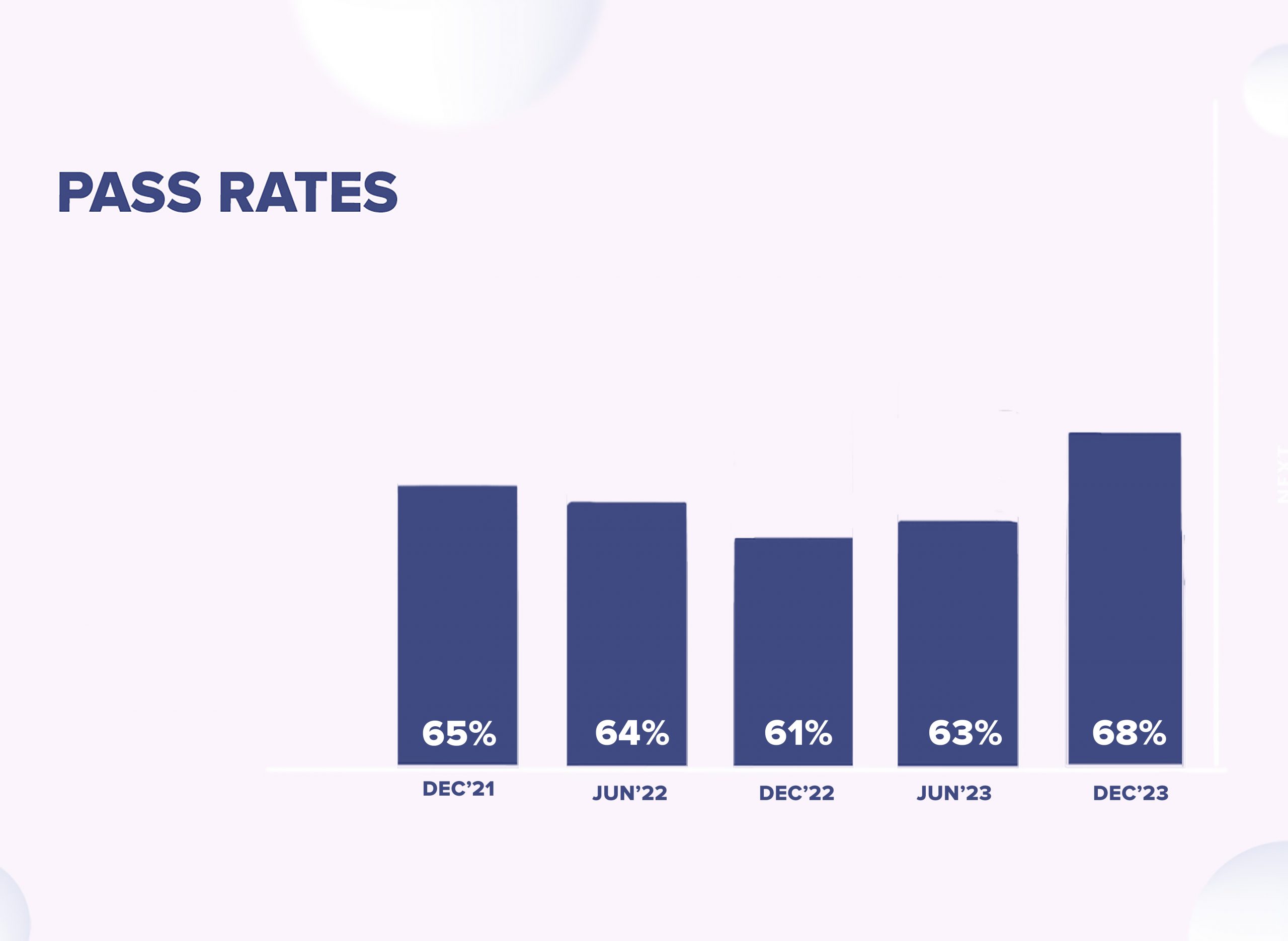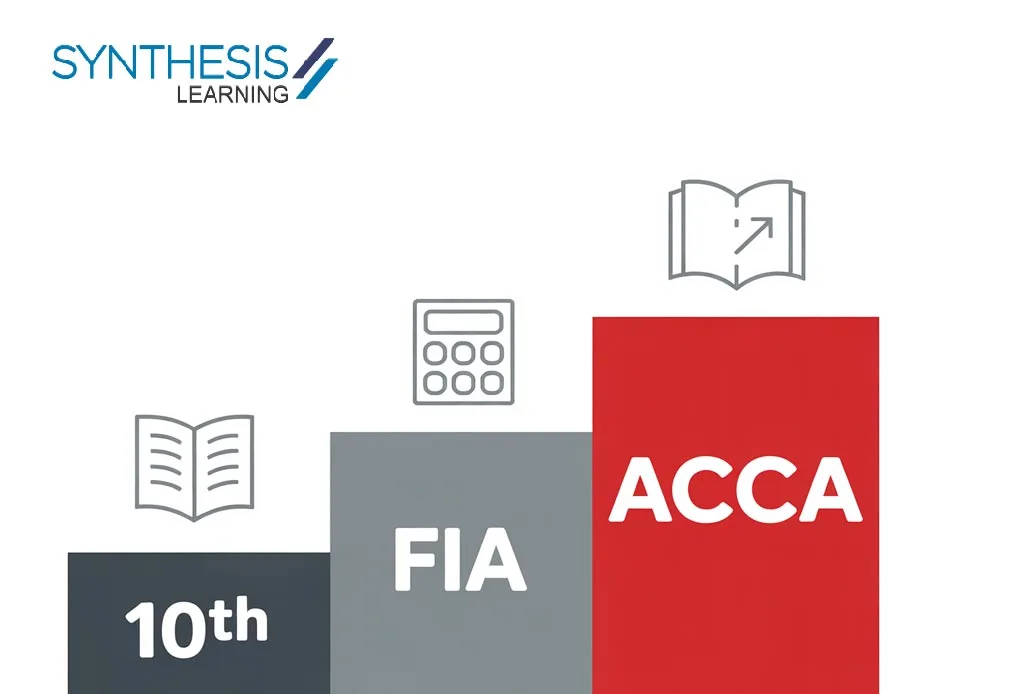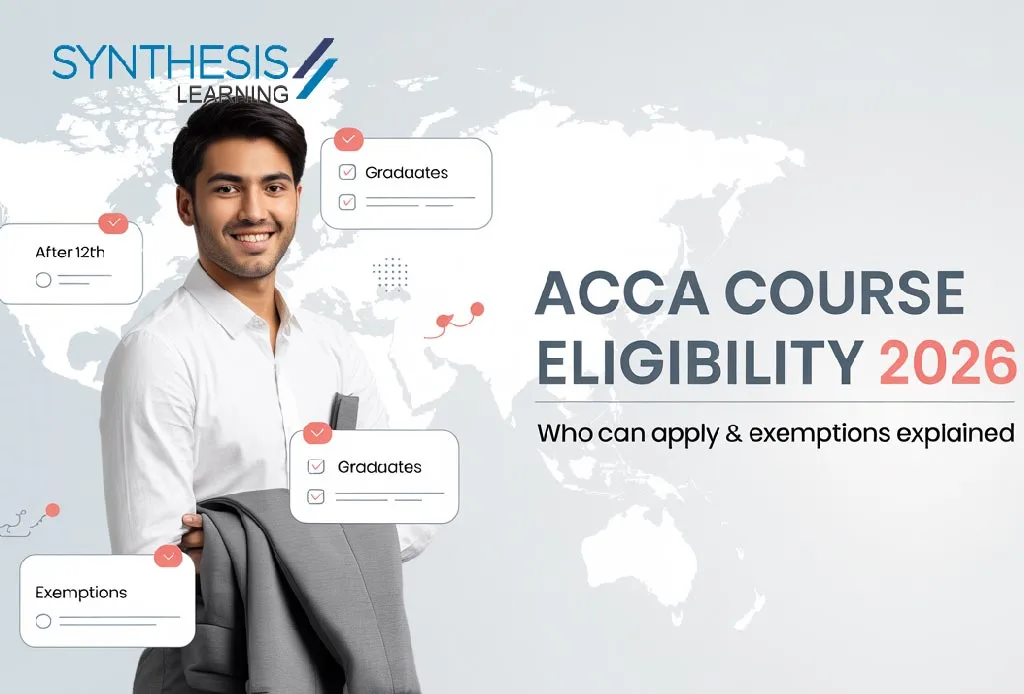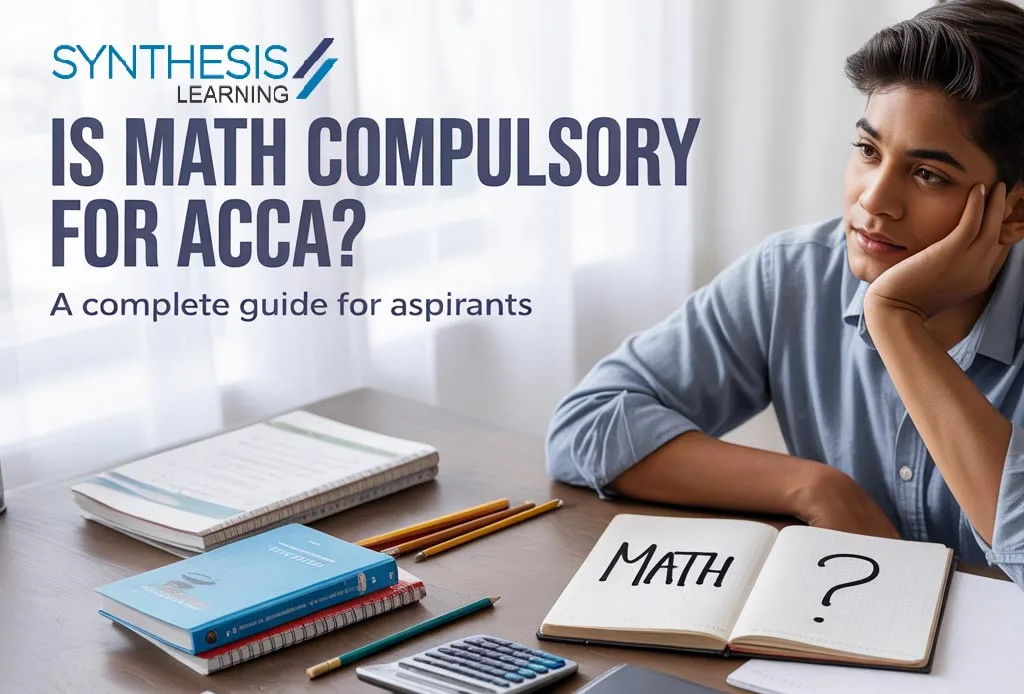Do you feel overwhelmed by the ACCA MA syllabus? It’s totally normal to feel that way with so much to cover in the ACCA Management Accounting syllabus. But don’t stress! With some clever strategies, you can tackle the ACCA MA syllabus with ease. This blog guides you through the ACCA MA syllabus step-by-step, offering practical advice to help you confidently master the ACCA Management Accounting syllabus and ace your exams.
DECODING THE SUBJECT
The aim of ACCA Management Accounting (MA) is to develop knowledge and understanding of management accounting techniques to support management in planning, controlling, and monitoring performance in a variety of business contexts.
Table Of Contents
INTRODUCTION
ACCA MA SYLLABUS
ACCA MA PAPER PATTERN
ACCA MA EXAM STYLE
ACCA MA PASSING TRENDS
SOURCES OF CONTENT
STUDYING METHODOLOGY
HOW TO PLAN ACCA MA MOCK EXAMS
THINGS TO REMEMBER WHILE WRITING THE EXAM
EXAMINER’S EXPECTATIONS
ACCA MA SYLLABUS
The ACCA MA Syllabus can be broken down into the following categories:
 A. The nature, source and purpose of management information
A. The nature, source and purpose of management information
- Accounting for management
- Cost classification
- Sources of data
- Presenting information
 B. Data analysis and statistical techniques
B. Data analysis and statistical techniques
- Sampling methods
- Analytical techniques in budgeting and forecasting
- Summarising and analysing data
- Spreadsheets
 C. Cost accounting techniques
C. Cost accounting techniques
- Accounting for material, labour and overheads
- Absorption and marginal costing
- Cost accounting methods
- Alternative cost accounting principles
 D. Budgeting
D. Budgeting
- Nature and purpose of budgeting
- Budget preparation
- Flexible budgets
- Asset budgeting and investment appraisal
- Budgetary control and reporting
- Behavioural aspects of budgeting
 E. Standard costing
E. Standard costing
- Standard costing system
- Variance calculations and analysis
- Reconciliation of budgeted and actual profit
 F. Performance measurement
F. Performance measurement
- Performance measurement – overview
- Performance measurement – application
- Cost reductions and value enhancement
- Monitoring performance and reporting
The paper of ACCA MA sets your fundamental base for the 5th paper in the Skills Level (Performance Management). Hence, it is very important that your concepts are very well understood across the ACCA MA syllabus.
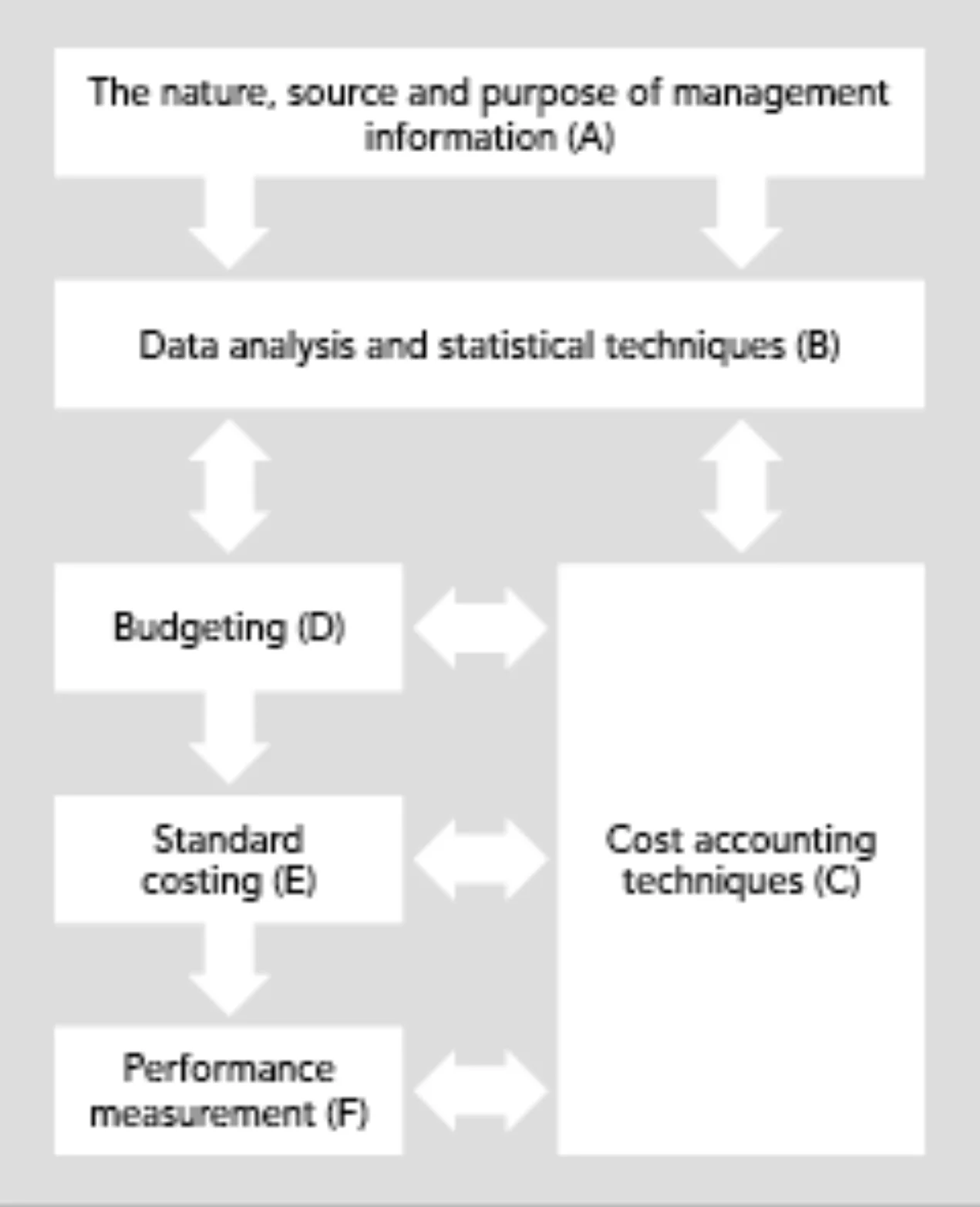
Hack: As Management Accounting (MA) covers both practical and theoretical topics, make sure that with numbers, you place equal importance on doing the theory topics well.
You can begin your preparations with Part A: The nature, source and purpose of management information understanding the basics of management accounting.
Follow next with Part C: Cost accounting techniques; this part covers several topics and can, therefore, be time-consuming.
Continue next with Part E: Standard Costing to gain an understanding of the standard costing principles and variance analysis.
It is advisable to follow next with Part D: Budgeting, to understand the different forms of budgets, to learn how to prepare budgets, and the behavioral aspects of budgeting.
At this stage, a large chunk of your ACCA MA syllabus would have been covered. Now you can focus on completing the remaining parts.
Part B: Data analysis and statistical techniques, learn the different sampling techniques, and forecasting techniques, and learn how to analyze data.
After studying Part B, you can take up Part F: Performance Measurement, this part covers theoretical topics and can therefore be covered in the end.
ACCA MA PAPER PATTERN
The ACCA MA exam structure is designed to access the understanding of fundamental management accounting practices and principles. The ACCA MA exam structure includes questions that test problem-solving skills and knowledge, that ensure a comprehensive assessment of management accounting fundamentals.
The 100-marks ACCA MA exam paper has been designed to ensure that all the different areas of the ACCA Management Accounting syllabus are covered adequately.
This is an online, objective-style paper, where you must choose the correct answer from the given options. You are not expected to deliver answers to any response questions, i.e., long-form of questions are not tested here.
| ACCA Management Accounting (100 Marks) | ||
|---|---|---|
| Section A (70 marks) | Section B (30 marks) | |
| 35 Objective Test Questions (OTQ’s) * 2 marks each | 3 Multi-Task Questions (MTQ’s) * 10 marks each | |
Please note that there is no negative marking for any wrong answer.
You are allotted 2 hours to answer this paper online. On submitting your paper, the result is available immediately.
ACCA MA EXAM STYLE
This is an on-demand-based examination. This means that the exam runs throughout the year and you can choose to appear for it when you are just ready.
These exams are conducted at the authorized and approved CBE centers (Computer Based Exam Centers) and you can choose the nearest CBE Centre.
You are expected to select a date and time at your convenience and physically appear at the CBE center for the examination. In exceptional circumstances, these exams can also be taken remotely from home.
ACCA MA PASSING TRENDS
You are expected to score 50/100 to pass this examination. This is easily manageable with a clear understanding of the concepts, good practice of the questions, and a positive attitude. The subject matter is purely theoretical and the pass rates of this paper are very promising, averaging 70% across the globe.
SOURCES OF CONTENT
You need to primarily refer to these two content sources for your preparations –
- The Study Text – for conceptual understanding
- The Practice/Exam Kit – for practice questions
There are only two ACCA-approved content providers that you should consider, namely, Kaplan Publishing and BPP Learning Media. Apart from this, you can also refer to the technical articles published by ACCA on different topics. You can use this link to refer to the articles.
Download our FREE Revision notes for ACCA MA here
STUDYING METHODOLOGY
1. Commence preparations with the Study Text and understand all the concepts in great detail. Thereafter, attempt all questions from the Practice Kit to get more clarity and a deeper understanding of how to approach each part of the ACCA Management Accounting syllabus. The Practice Kit has enough practice questions chapter wise and hence it is always advisable to do both in parallel.
2. At the end of your ACCA MA syllabus, do remember to take up the Multitask Questions in the Practice Kit (typically tested in Section B of the paper). These questions cover a variety of topics across the syllabus and hence practicing it well shall prove to be a very valuable exercise.
HOW TO PLAN ACCA MA MOCK EXAMS
Attempting enough mock exams are a must! Going without solving mocks is like a soldier without a weapon.
It is advisable that you practice at least 3 mock exams before you take the final exam. These mock exams will give you a first-hand experience of the exam online environment, the style of questions & how well you can attempt them in the given time.
These Practise Mocks (designed by ACCA) need to be purchased and you will be able to access them once purchased via myACCA. You can purchase a single test or a set of three tests.
You can log in to the ACCA ‘Practice Platform’ for solving mocks using the following link. (Practice Platform)
Hack: One day before the examination, invest all your time in revising what you have studied so far and focus on memorizing all the important concepts. Skim through the study text and practice kit. Do not try to study any new concept or solve any new question.
THINGS TO REMEMBER WHILE WRITING THE EXAM
After months of all the efforts and hard work you would’ve put into the preparation for this exam, it is equally important to ace your exam. Here are some things to remember-
- Time Management: It is important to complete the paper on time. Remember, time management is a key to success! Here is how you can allocate your time-
| PAPER | MA | TOTAL |
|---|---|---|
| Section A | 35 OTQ’s * 2 mins | 70 minutes |
| Section B | 3 MTQ’s * 14 mins each | 42 minutes |
| Final check | 8 minutes | |
| TOTAL | 120 minutes |
- Do not stress or panic during the exam, stay calm write all you know. If you panic, it is possible that you mess with other straightforward, manageable, and scoring questions.
- Do not leave any question unattempted
For your OTQ’s and MTQ’s there is always a 25% probability to get the answer right, place your bet and mark the option you believe is the closest to the answer. - Be prepared to find different and new styles of questions, with patience and linking to the concepts of your syllabus you should be able to tackle them well.
- Better to start with Section A first, and then Section B, FOLLOW THE ORDER!! Do not spend too much time finding answers to questions you are not able to crack.
EXAMINER’S EXPECTATIONS
The ACCA publishes an Examiner’s Report for every attempt which gives an insight into the marking process, the common mistakes that students make during the exams, and other useful techniques to do well in your examination. You must go through the Examiner’s Reports to understand what the examiner is expecting from you. It will help you understand how students have failed to tackle different questions and how they could have performed better. It’s like learning from someone else’s mistakes. You can follow through this link to refer to a few of the examiner’s reports published by the ACCA.

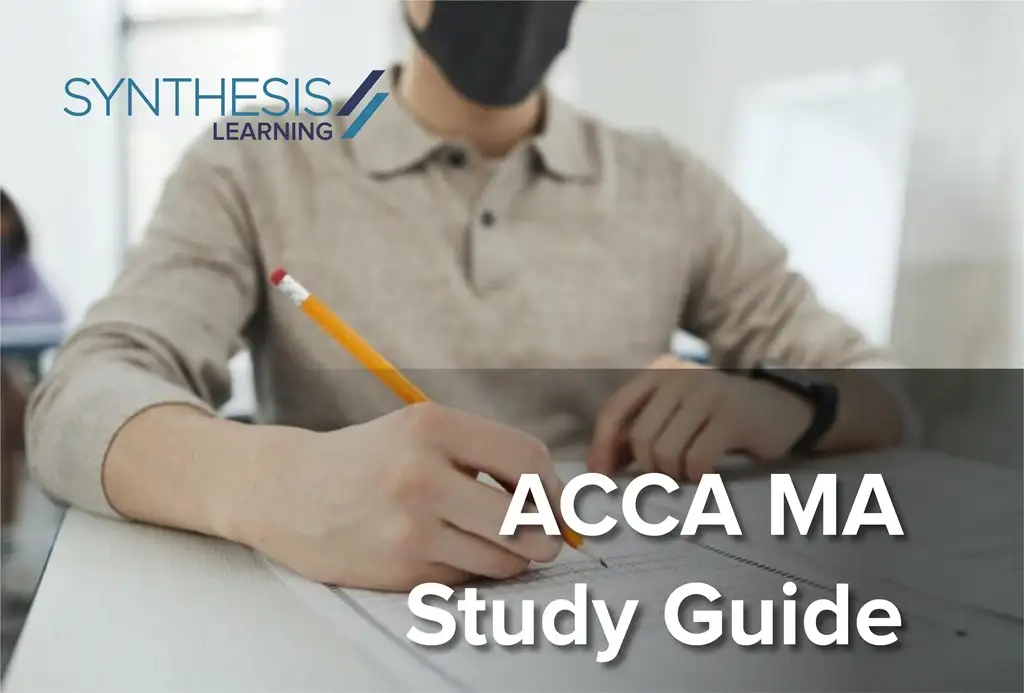
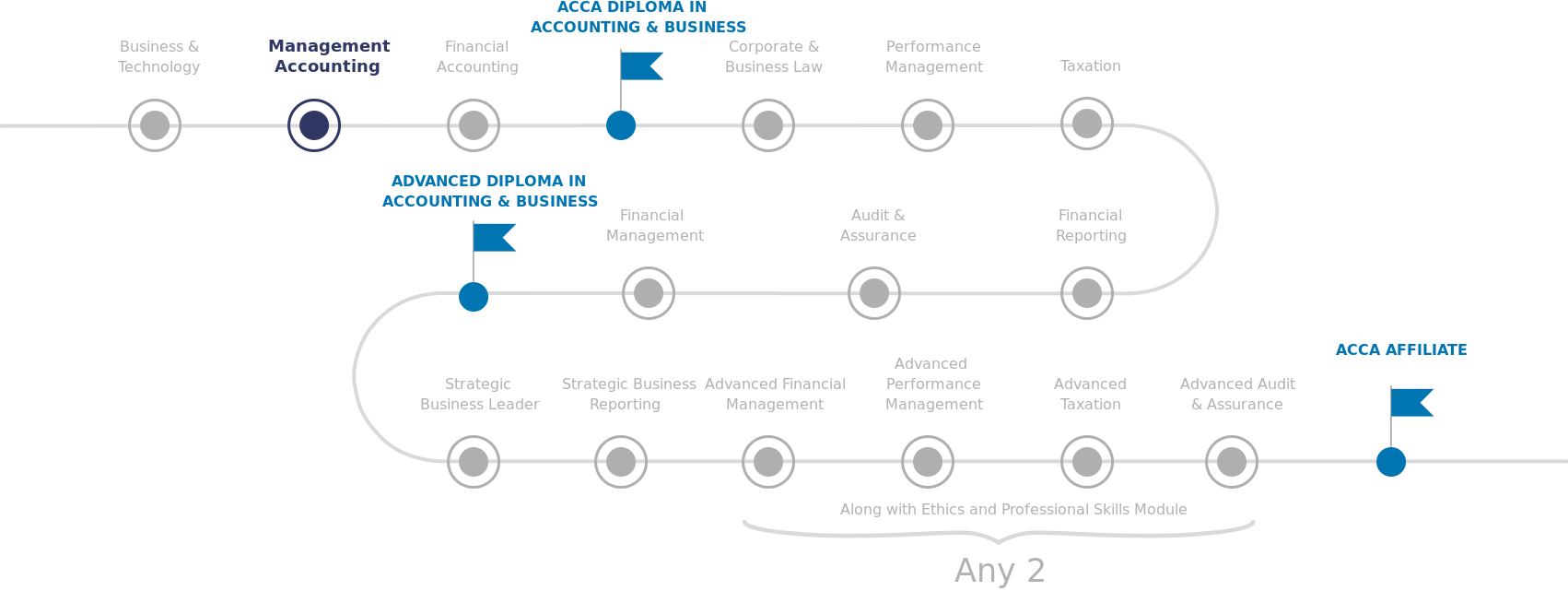
 A. The nature, source and purpose of management information
A. The nature, source and purpose of management information B. Data analysis and statistical techniques
B. Data analysis and statistical techniques C. Cost accounting techniques
C. Cost accounting techniques D. Budgeting
D. Budgeting E. Standard costing
E. Standard costing F. Performance measurement
F. Performance measurement